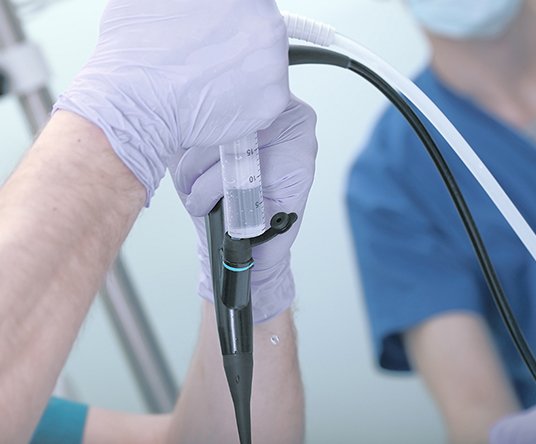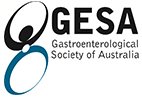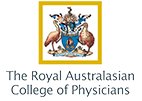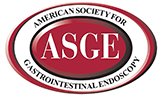Services
Providing Comprehensive Gastrointestinal Care

Consultation
Dr Nanda provides a comprehensive evaluation of all
gastrointestinal symptoms and disorders, specialising in:

Procedures
Dr Nanda has undergone advanced fellowship training at world renowned centres in order to provide diagnostic and advanced/therapeutic endoscopic procedures including:




